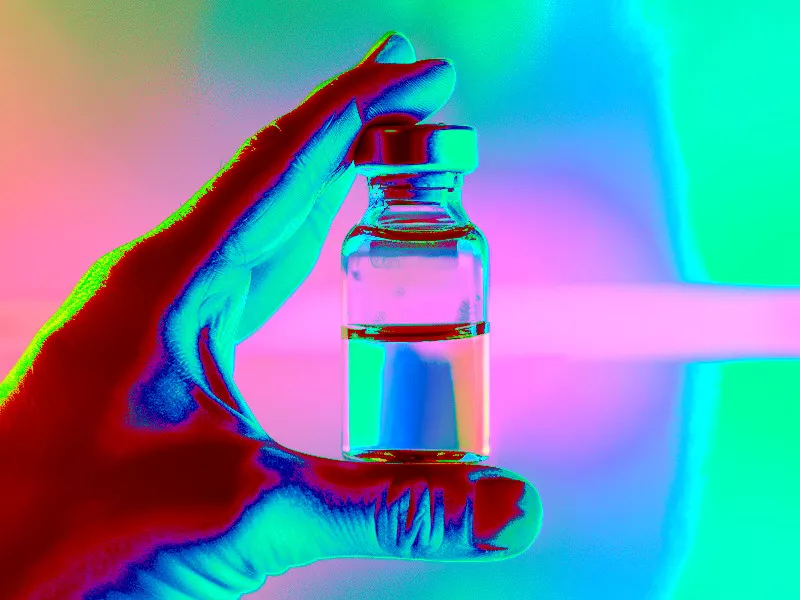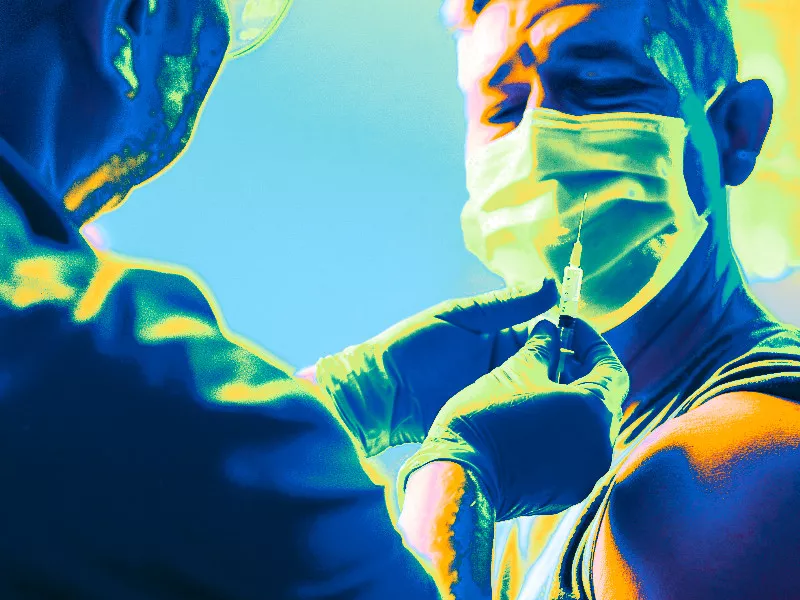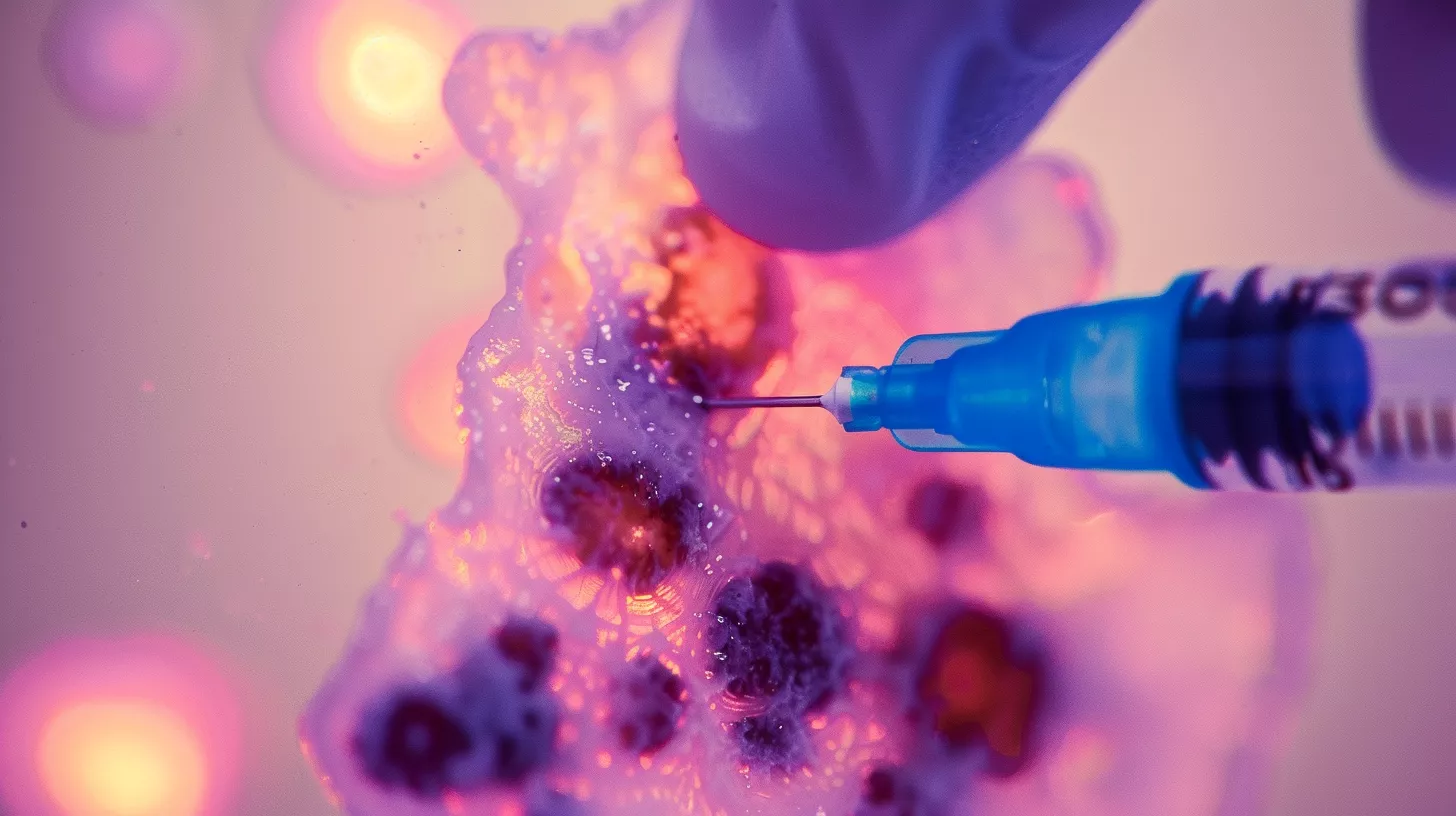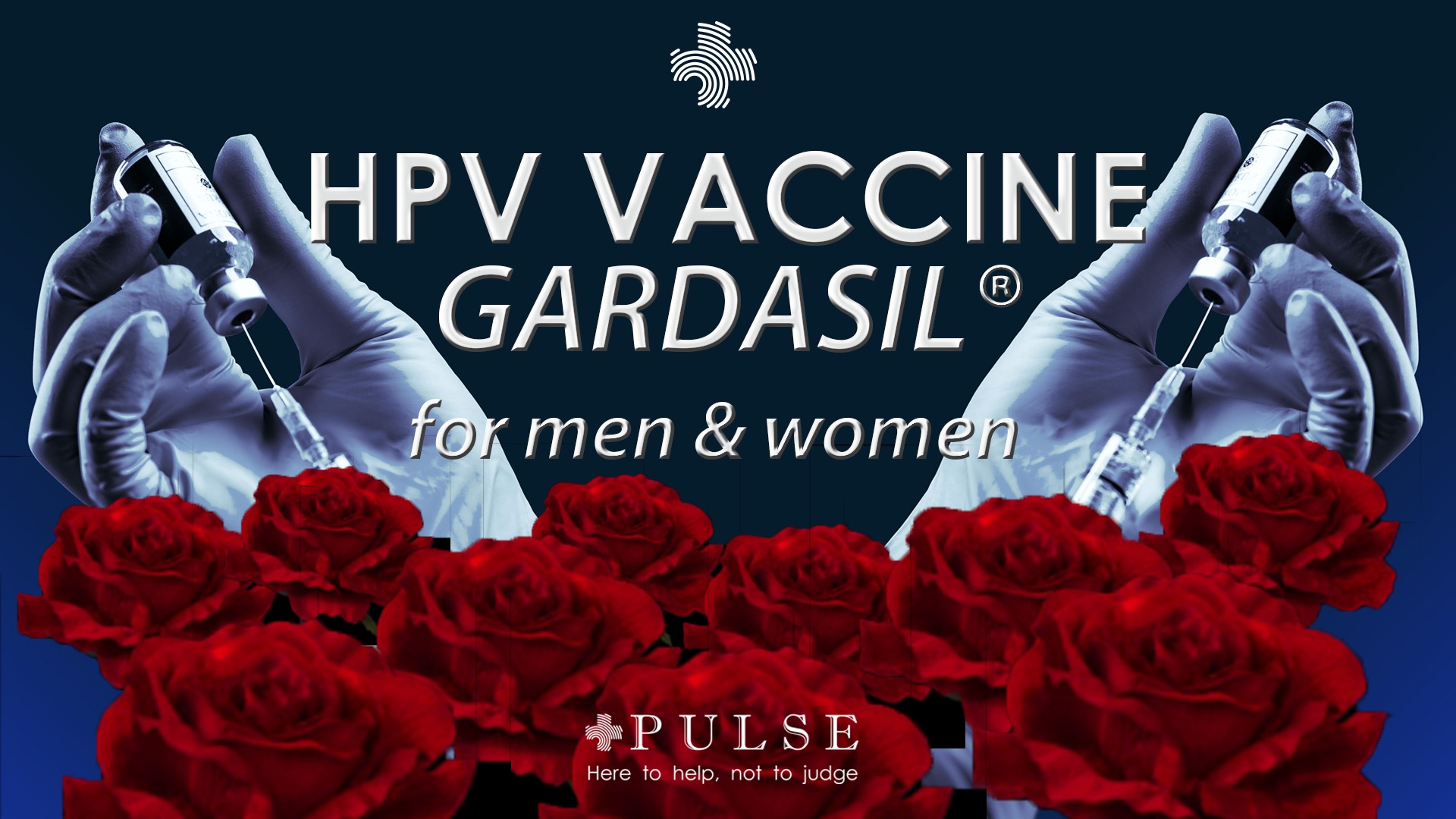HPV Vaccines for Men - A Study Found HPV Might Compromise Men’s Fertility. Here Is Why Men Should Get Vaccinated for HPV!
2638
A new study found that HPV can affect men’s fertility. HPV vaccines can be given to both men and women to help protect against penile and anal cancer.

HPV Vaccines for Men - A Study Found HPV Might Compromise Men’s Fertility. Here Is Why Men Should Get Vaccinated for HPV!
Human papillomavirus (HPV) is one of the most common sexually-transmitted infections that remains incurable. Though some people think HPV might not bear that many risks in men, a new study shows that HPV might have more effects on men’s body than risks of cancer.
HPV VACCINE PRICELIST AND PROMOTION AT PULSE CLINIC (THAILAND)
| HPV Vaccine 9 Types (Gardasil 9) | Dosage | Price |
| 1 Single Dose | 9400 THB | |
| A Complete Course of 3 Doses | 28200 THB 26000 THB |
| HPV Vaccine 4 Types (Gardasil 4) | Dosage | Price |
| 1 Single Dose | 3600 THB | |
| A Complete Course of 3 Doses | 10800 THB 10000 THB |
Contact us at info.bkk@pulse-clinic.com or chat on your preferred platform:
![]() +66 65 237 1936
+66 65 237 1936  @PULSEClinic
@PULSEClinic ![]() PulseClinic
PulseClinic
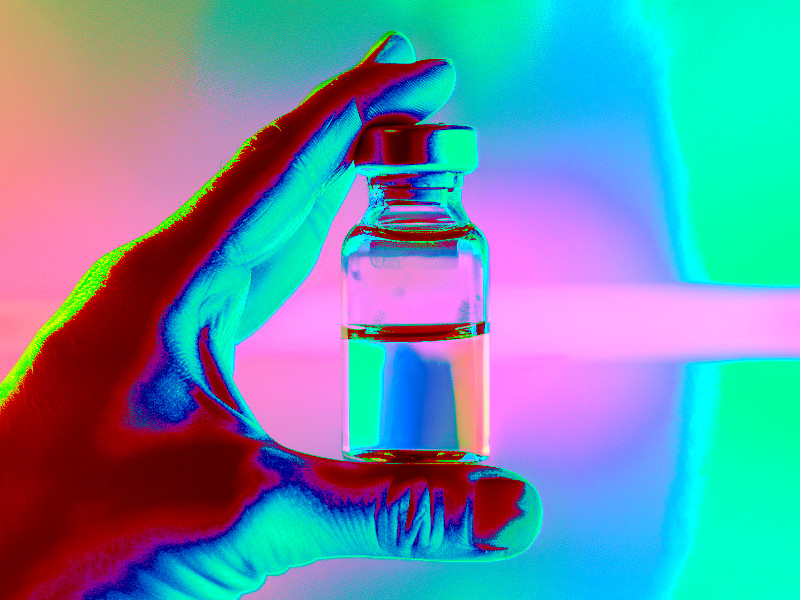
HPV Risks in Men
Men can develop cancers of the mouth, throat, penis, or anus from certain strains of HPV, which are spread through sexual contact. HPV infections in men are common and often asymptomatic, the immune system typically clears them. However, long-term infections with high-risk HPV strains can lead to cellular changes and cancer. Around 1 in 5 men globally are infected with high-risk HPV strains. Over 90% of anal cancers, as well as most penile and mouth/throat cancers, are associated with HPV infections.
HPV infections can be transmitted through vaginal, anal, and oral sex, as well as through the use of sexual devices and skin-to-skin contact during sex. Individuals with weakened immune systems, such as those with HIV, are at a higher risk of developing HPV-related cancers.
Men who have sex with men are more susceptible to HPV-linked anal cancer. Additional risk factors include the number of sexual partners and the sexual history of those partners.

A Study Found That HPV is Linked to Infertility in Men
Though HPV doesn’t directly cause infertility in men and women, the effects from HPV could lead to potential risks that cause infertility. A new study from Argentina found some links between HPV and its impact on sperm quality. This could mean men might bear the risk of fertility issues as much as women.
A review from 2020 found that 21% of men who are infertile found to be HPV positive, which is three-times more than 8% of men who don't have HPV. This number might have some significance that shows us ties between HPV and infertility in men.
Evidences Suggested HPV Can Weaken Your Immune System
A recent study examined ejaculate samples from 205 men aged around 35 who are unvaccinated for HPV. At first, the study found that there were no obvious differences in semen quality between men with and without HPV, but closer analysis revealed that men with high-risk HPV had fewer immune cells in their semen. This could be signs of a weakened immune response. Which suggested that HPV may increase susceptibility to other infections, potentially impacting fertility.
Oxidative stress in men with high-risk HPV can also lead to increased sperm damage and a higher percentage of dead sperm. This sheds light on potential links between HPV and male fertility issues, but we still need more information on what HPV actually does to men’s bodies and how it affects our sex organs.
Chat with PULSE CLINIC ONLINE Department
Men Should be Vaccinated for HPV too
There is a misconception that only women should be worried about HPV. It is true that women have higher risks of health issues when living with HPV, but men should also be careful of their risks of HPV infection too. HPV infection may raise a man's risk of developing genital cancers, though these cases are relatively rare. Additionally, HPV can cause genital warts in men, similar to how it affects women.
A study shows that 1 in 3 men carries HPV. HPV in men also usually doesn’t cause any problems, which resulting in HPV infection usually goes unnoticed. This could be potential risks for your sexual partners.
HPV can also indirectly increase the risk of fertility issues, as men with HPV can easily pass the virus to their partner. This virus is the leading cause of cervical cancer. While cervical cancer itself doesn't prevent pregnancy, cancer treatments can make conceiving and carrying a child more challenging.
Early detection and minor treatments may not affect future pregnancies, but intensive treatments like chemotherapy, radiation, or hysterectomies may require the use of assisted reproductive technology to have a child.
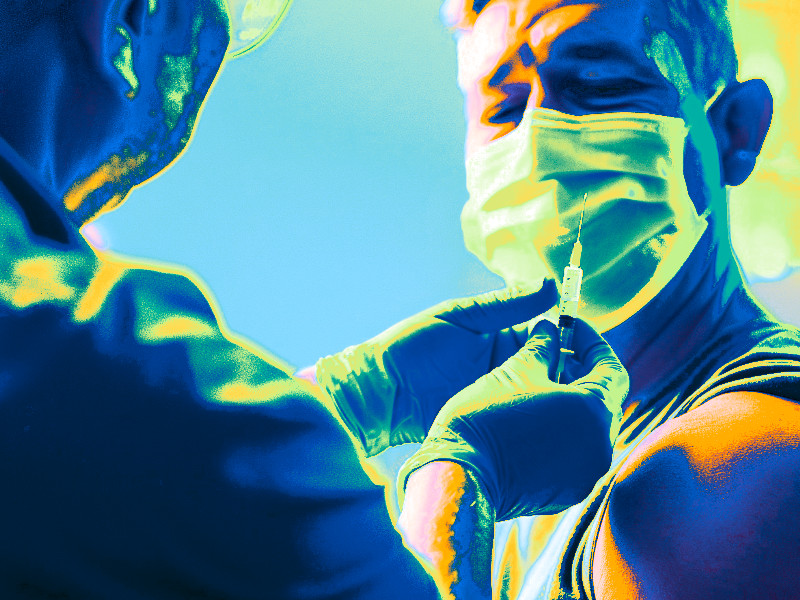
Why is the 9-strain HPV Vaccine (Gardasil®9) Better?
The HPV vaccine was developed to prevent cervical cancer, but it also protects against cancers of the anus, penis, mouth, and throat. Additionally, it prevents infections from HPV strains that commonly cause genital warts. Gardasil®9 offers protection against these potential risks from HPV.
The 9-strain HPV vaccine provides broader protection by targeting multiple strains, including those you may have already contracted, while also preventing new infections. It is recommended for both men and women aged 9 to 45 and helps protect against various HPV-related conditions.
- Cervical cancer
- Anal cancer
- Oral cancer
- Genital warts
Research on diseases, including cancers linked to various HPV infections, shows that the 9-strain HPV vaccine offers up to 90% protection against cervical cancer. It also protects against precancerous lesions tied to cervical, vaginal, and vulvar cancers, with up to 97% of cases in individuals without prior HPV infection.

Do I Need Booster Shots for HPV Vaccines?
People who have been vaccinated for several years typically do not need a booster shot, as the vaccines continue to offer protection against HPV long after the series is completed. Scientists will keep monitoring the vaccine's effectiveness over time.
Individuals aged 27 to 45 who haven't been vaccinated should consult with their healthcare providers. You might benefit from the HPV vaccine, especially if they are at a higher risk of HPV infection. Contact PULSE Clinic near you for more information about HPV vaccination.
Chat with PULSE CLINIC ONLINE Department
Loading...
Clinic Locations
Loading...


